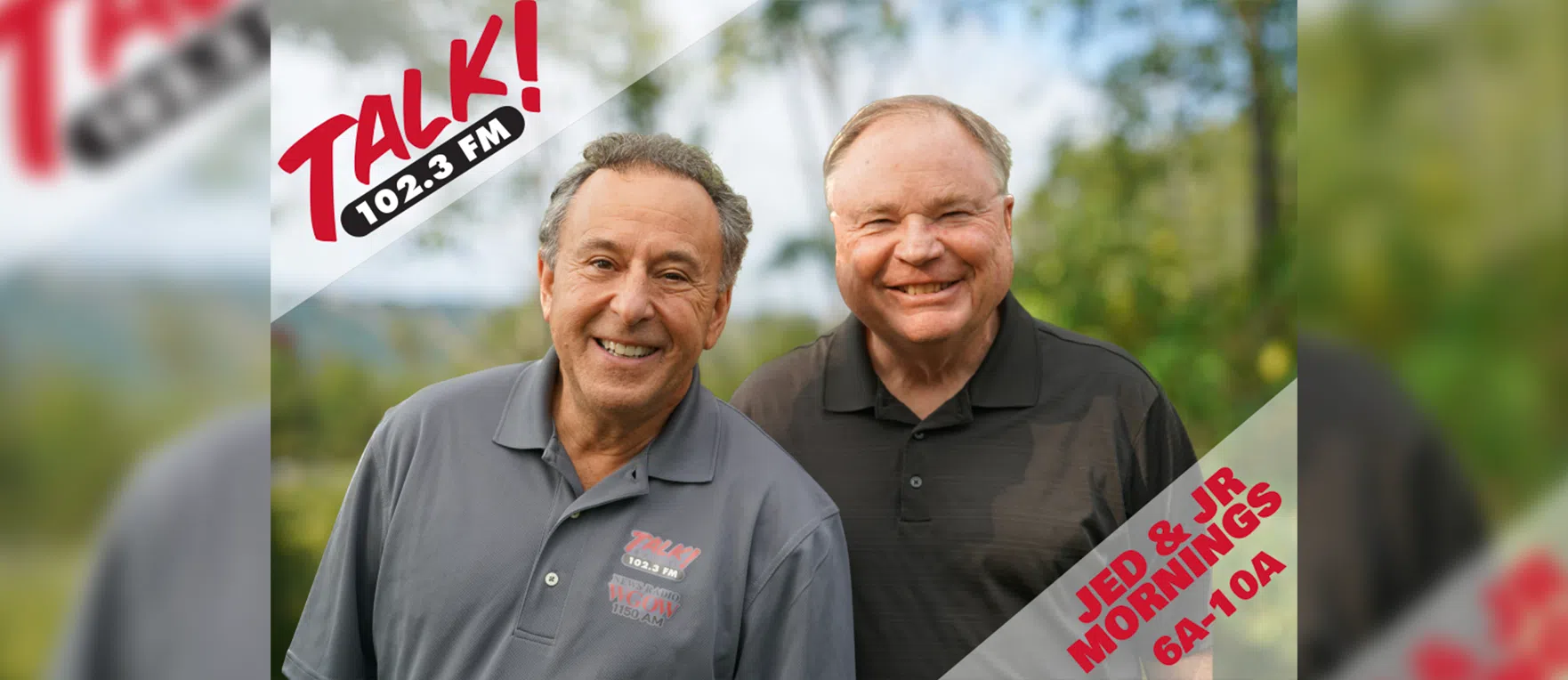President Donald Trump’s federal takeover of policing in Washington has shifted routine offenses into federal court, where minor arrests are being prosecuted as serious crimes under U.S. Attorney Jeanine Pirro’s directive to pursue maximum charges, The New York Times reported.
The shift was visible Thursday in U.S. District Court, where defendants normally handled in local court faced federal judges and prosecutors. Cases included an open container arrest, a contested gun charge, and threats against the president — each reflecting the new mandate.
Mark Bigelow, 28, a part-time Amazon delivery driver, was arrested Tuesday after federal and local officers spotted an open container of alcohol in a van where he sat. According to court filings, Bigelow left the vehicle but was stopped by agents; a second alcoholic drink was later found. Prosecutors charged him with possession of an open container, a misdemeanor.
As he was placed in custody, Bigelow resisted, cursing agents and kicking two Immigration and Customs Enforcement officers. He was then charged with assaulting, resisting, or impeding federal officers, a felony punishable by up to eight years in prison. His defense attorney, Elizabeth Mullin, argued the case would never have been brought without the president’s directive: “He was caught up in this federal occupation of D.C.”
Next was Torez Riley, 37, arrested at a Trader Joe’s store with two handguns in his bag. Prosecutors inside Pirro’s office questioned whether the search violated Riley’s Fourth Amendment rights. Initially, Pirro ordered charges filed despite those concerns, but after reviewing police body camera footage she directed prosecutors to dismiss the case. A detention hearing is scheduled for Monday.
In a statement, Pirro defended her policy: “Under my watch prosecutors will be aggressive in getting guns off the street … but they will do so consistent with the law and the facts.” Prosecutors noted that pursuing a case with constitutional flaws risked an appellate ruling limiting police search powers for years.
The third case involved Edward Dana, 30, arrested Aug. 17 after allegedly damaging property outside a restaurant. Intoxicated, Dana threatened officers and vowed to “kill the president,” comments captured on body camera and referred to the Secret Service. He now faces a federal charge of threatening the president’s life, carrying a potential five-year sentence.
Defense attorney Mullin described Dana, who has a documented history of mental illness, as “not a danger.” Magistrate Judge Moxila A. Upadhyaya pressed prosecutors for balance, admonishing Assistant U.S. Attorney Conor Mulroe for pushing pretrial detention: “There has to be a common-sense application of the law.”
The crackdown reflects Trump’s effort to project toughness on crime, using Washington as a showcase for policies he suggested could extend to other cities. To defense lawyers and even some federal prosecutors, the approach artificially inflates crime-fighting metrics by charging minor incidents as federal offenses.
As Judge Upadhyaya closed a week of heavy dockets, she underscored the strain: “The time and resources of the court are stretched beyond belief. It’s been like this all week.”
© 2025 Newsmax. All rights reserved.





